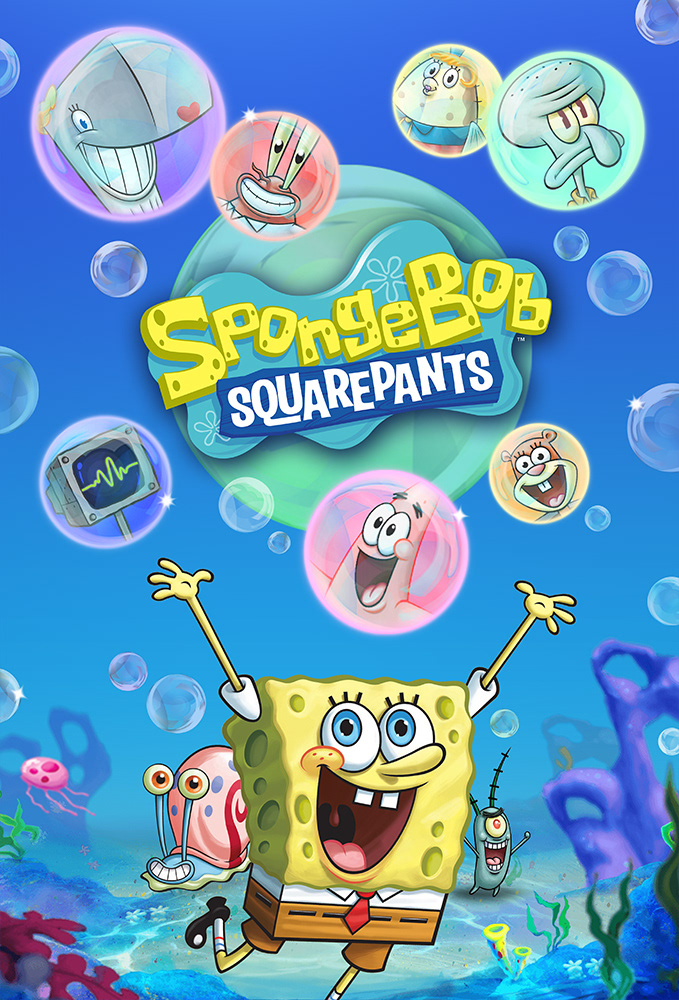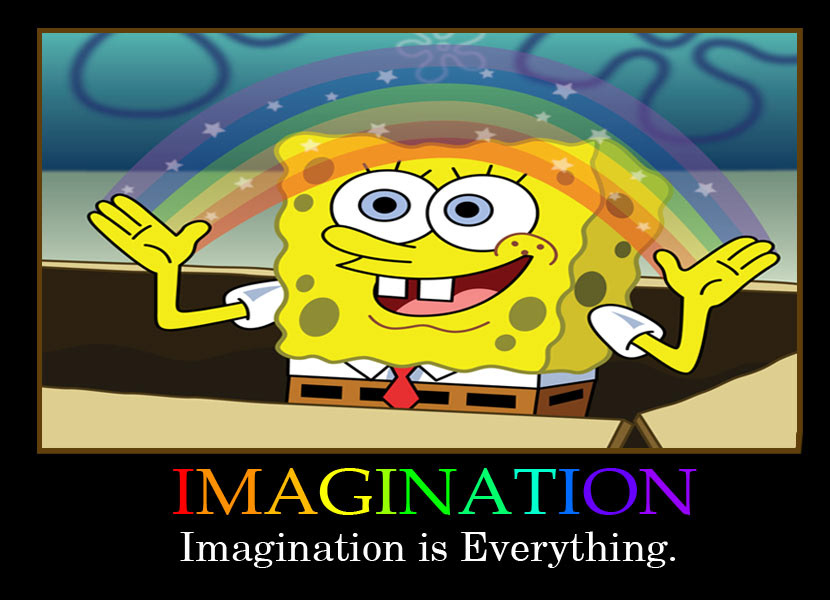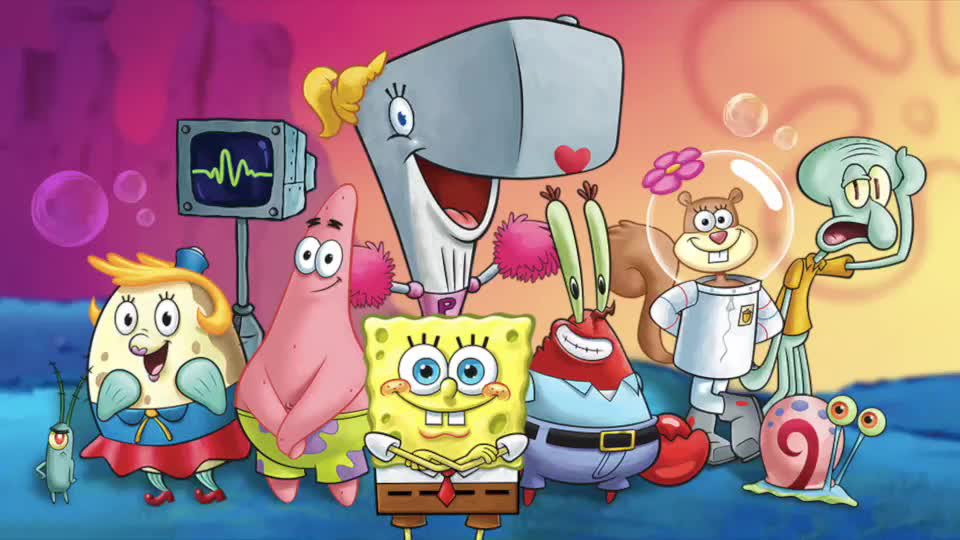Two Important POINTS from the Readings
- The Idea of Capital is accumulated labour {in its materialised form or its "incorporated," embodied form) which, when ;appropriated on a private, i.e., exclusive, basis by agents or groups of agents, enables them to appropriate social energy in the form of reified or living labour.
- Informal interpersonal skills, habits, style of language or pronunciation, beliefs, tastes, and lifestyles are cultural capital. Educated humans usually also have a good personality, how to treat others which are usually related to their traditions, and can position attitudes according to conditions.
Explain what Bordieu meant by 3 types of capital (eco, sos, cultural)
Bordieu separated capitals into three categories, he claimed. Economic capital comes first. Economic capital is first and foremost based on people's physical resources, wealth, assets, income, and properties.
Social group affiliation, patronage, networks of influence, and support are all aspects of social capital. Cultural capital is more akin to specialised expertise and certifications. Bourdieu demonstrates how class is expressed through taste habits in Distinction (1984), allowing cultural capital to function as a stand-alone resource. Cultural capital creates position in the hierarchy of stratification, much like economic capital does. Due to the importance of cultural competency and social connections in the services sector, cultural capital has emerged as a marketable commodity in modern economies. Work in the media, social work, retail, or finance industries necessitates specific cultural understanding. The importance of education to societal advancement is today's most striking example of the value of cultural capital. The upper class perpetuates their social standing across generations by giving their progeny access to a quality education. This goes beyond having formal credentials and includes the development of social networks and unofficial cultural knowledge, which is reflected in lifestyles and aesthetic preferences. To build economic capital, people invest in cultural capital.
Social group affiliation, patronage, networks of influence, and support are all aspects of social capital. Cultural capital is more akin to specialised expertise and certifications. Bourdieu demonstrates how class is expressed through taste habits in Distinction (1984), allowing cultural capital to function as a stand-alone resource. Cultural capital creates position in the hierarchy of stratification, much like economic capital does. Due to the importance of cultural competency and social connections in the services sector, cultural capital has emerged as a marketable commodity in modern economies. Work in the media, social work, retail, or finance industries necessitates specific cultural understanding. The importance of education to societal advancement is today's most striking example of the value of cultural capital. The upper class perpetuates their social standing across generations by giving their progeny access to a quality education. This goes beyond having formal credentials and includes the development of social networks and unofficial cultural knowledge, which is reflected in lifestyles and aesthetic preferences. To build economic capital, people invest in cultural capital.
How does Bordieu break down cultural capital?
Bourdieu used the discovery that taste distinctions were systematic from his studies on cultural taste and lifestyle in France to develop a model of inequality in which variations in the quantity of cultural and economic capital dictate social status. He kept the traditional three classes—working, middle, and upper—but separated them according to the social divisions that existed within these three main categories. The bourgeoisie (business owners and financiers) in the upper class have higher amounts of economic capital but lower levels of cultural capital, whereas intellectuals have the opposite situation (writers, artists, university professors). Senior managers and professionals have a more equitable distribution of both. The middle class also makes similar distinctions, although the working class is characterised by lower levels of both cultural and economic capital. The middle class includes both shopkeepers and primary school teachers, but the former have little economic capital and lesser levels of cultural capital, whereas the latter is true of teachers. The types of employment we choose to pursue as well as who we accept as sexual partners are all influenced by our cultural tastes and preferences. Bourdieu made the argument that our social background has a significant impact on what we like and detest. Thus, taste is more than just a matter of personal preference; it also places us in the social context.
What kind of cultural capital do you have and why/not?
As I believe in, everyone has their own cultural capital including myself. I was born with Indonesian-Chinese genes so I have varieties of Chinese culture back in my hometown. My family and I always celebrate Chinese culture because it is in our blood already that we have to preserve any culture by celebrating Chinese culture and it should be passed to the younger generations or it will be forgotten as my great grandma told my family members about it. One of my favourite celebrations is the ‘Chinese New Year’ Celebration. Basically in this celebration, all the youngsters get a huge amount of money from their parents and their older relatives in red Chinese envelopes. The youngsters mostly get almost $150-$400 dollars from this celebration which makes these youngsters happy and be able to save money for their future allowance. Also, people can spend their time with their own huge family members, meet each other, eat good Chinese foods together and talk about things in life. What a great family quality time once in a year. Chinese people love to spend money, give money, throw and waste money, receiving money, and anything to do with money for sure, according to Ronny Chieng on TikTok.



Current favourite TV Show
SPONGEBOB SQUAREPANTS! a TV show is believed to be the best children and all ages show in the era. It has been filling most peoples' childhood lives for decades and most people from all around the world love to watch ‘Spongebob Squarepants’ until now. This TV show also exists on Netflix, so whenever I get stressed from doing assignments, I refresh myself by watching this TV Show.
What is it about that makes it ‘good’?
First of all, ‘Spongebob Squarepants’ TV shows are good to watch at all ages. It is a cartoon animated TV show with a story of life under the sea. There are many sea creatures such as, a fun sponge, confused-starfish, an arrogant and greedy-crab boss, a proud and cocky squid, a genius squirrel, fish citizens, a sneaky plankton but always fail doing things, a gym lover, lobster and many more. Those creatures have the funniest role plays in the show, because it shows many characteristics of a living being under the sea, which I believe is suitable for children to watch. Reminds me of my childhood life watching this movie.
Why do I like it?
People knew that ‘Spongebob Squarepants’ TV Shows are peoples’ most favourite cartoon TV shows, including myself. As I wrote earlier, Spongebob Squarepants is a TV show which has funny stories to tell. For instance, Mr.Krab has a famous restaurant in Bikini Bottom City called ‘Krusty Krab’ for its burger and somehow, his old friend Plankton become his business rival, so Plankton wants to steal Mr. Krab’s secret recipe to make his business goes well and Plankton always fails to steal and ends up getting kicked out from the restaurant. This movie gives us moral lessons and fun to watch and learn.
Is there a context where it would be considered 'good taste' and another where it would be considered 'bad taste'?
A context about ‘good taste’ and another that would be considered as a ‘bad taste’ will be my guilty pleasure, vaping. People know that vaping is an electronic cigarette that is better than cigarettes, but also not good for health. These smoking things are not good for our lungs and it may cause lung cancer. However, it tastes really good because it has variant flavours and lets my stress get out of my head. My favourite e-cigarette flavour is mango flavour, makes me a little bit addicted and sometimes makes it harder to breathe. Therefore, that is why when we want to buy cigarettes, there are warning labels on the products about the danger of consuming cigarettes and any contacts of stop smoking or vaping services.